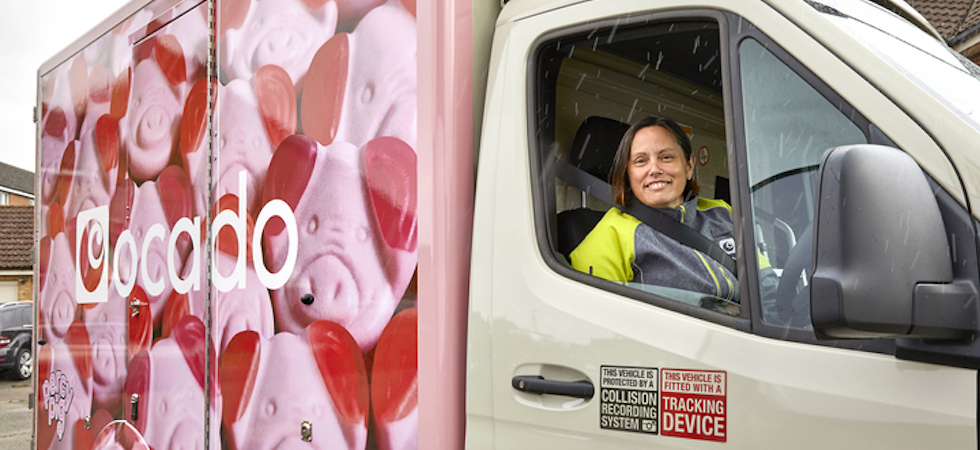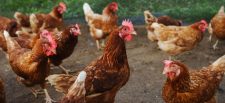The rapid adoption of technology will allow supermarkets to reduce food waste and drive ever greater customer loyalty, according to Mel Smith CBE, Ocado CEO and speaker at the 2021 City Food Lecture.
Addressing an online audience of over 1,400 food and drink industry leaders, the largest to ever attend the event, Smith said that technology has been the driving force behind Ocado’s success and has enabled the company to service the rapid rise in online shopping in the last 12 months.
“The growth in online sales has wildly accelerated over the past year. Before the pandemic online grocery sales accounted for 7% of the total market. In 2020, the channel almost doubled to 13%. The UK has one of the highest online penetrations globally, and we expect that the online channel will double in size again over the next few years.
“It’s not an exaggeration to say that Covid is proving to be the catalyst for a permanent shift to online grocery shopping. McKinsey says that consumers take 2 months to change shopping habits. They have had nine months. Thirty percent of UK consumers say they will shop more for groceries online after the crisis has ended. Those customers who try online shopping quickly recognise the benefits of better choice and less effort.”
Mel Smith explained that the key to Ocado’s success is the technology and automation used throughout its supply chain, which she says has transformed the online grocery space.
“Our technology not only benefits our customers, but also makes our model profitable by reducing costs throughout the supply chain.
“We produce hardly any food waste. This is partly because we have a really short supply chain but also because we have a perfect view of what our customers have in their baskets, up to 28 days in advance. This means we are better able to predict what we need from our suppliers and minimises potential waste from buying too much. In 2020, our waste was 0.04%; this contrasts with the industry average waste figure of between 2 and 5%. This makes a big difference to our bottom line and we are always investigating new ways to further reduce our food waste and provide our customers with the freshest possible food.
“As technology advances, we will be able to make our customers’ lives even easier by sharing the often-onerous task of meal planning.”
“Longer term, I think the biggest step forward will be taken when retailers can become a real partner for customers who are planning and buying their weekly shop. I think the future of grocery technology will help customers spend less time shopping for groceries, giving them more time back to do what really matters in their lives.
“As technology advances, we will be able to make our customers’ lives even easier by sharing the often-onerous task of meal planning. At Ocado, we already help customers build their order by showing them products they purchase frequently that are not currently included in their basket, and incomplete promotions they will otherwise miss out on.
“The next step on is likely to be better support for meal planning; suggesting and completing recipes based on what is in your basket and ways to use leftover food, like how to use the last half jar of pesto that you bought to use in another recipe that’s now slowly decomposing in the back of the fridge. An average family could save £700 a year by simply not binning food, so helping our customers use food before it goes off would help them to manage their budgets and reduce food waste.
“5G and the growing number of smart appliances also open up huge new possibilities to reduce the amount of time you take to plan your weekly shop. Smart appliances are filled with sensors and connect to the internet to upload and analyse collected data. The future will link your basket to your fridge. Your smart fridge would then be able to take a look inside, work out what you are running low on and what is going out of date, and add it to your basket. Smart appliances will work out how much you really need of staple items based on your consumption patterns and make sure that you buy enough to last until the next shop, reducing the number of times you wake up in the morning and find there is no milk or bread.”









